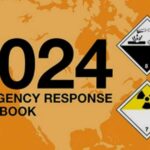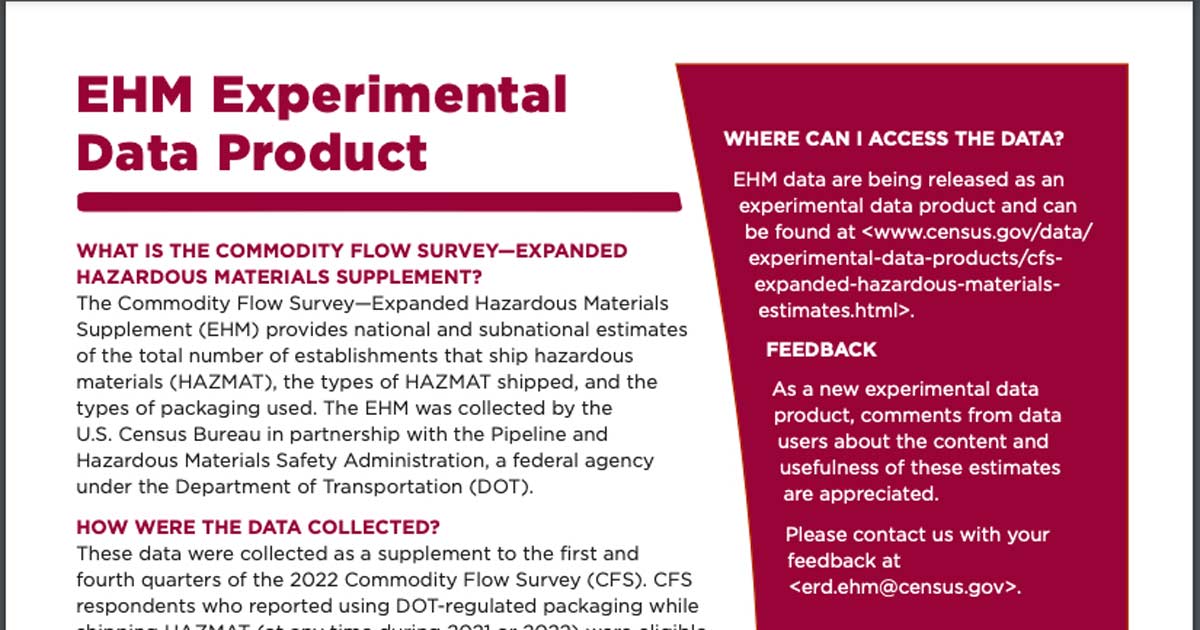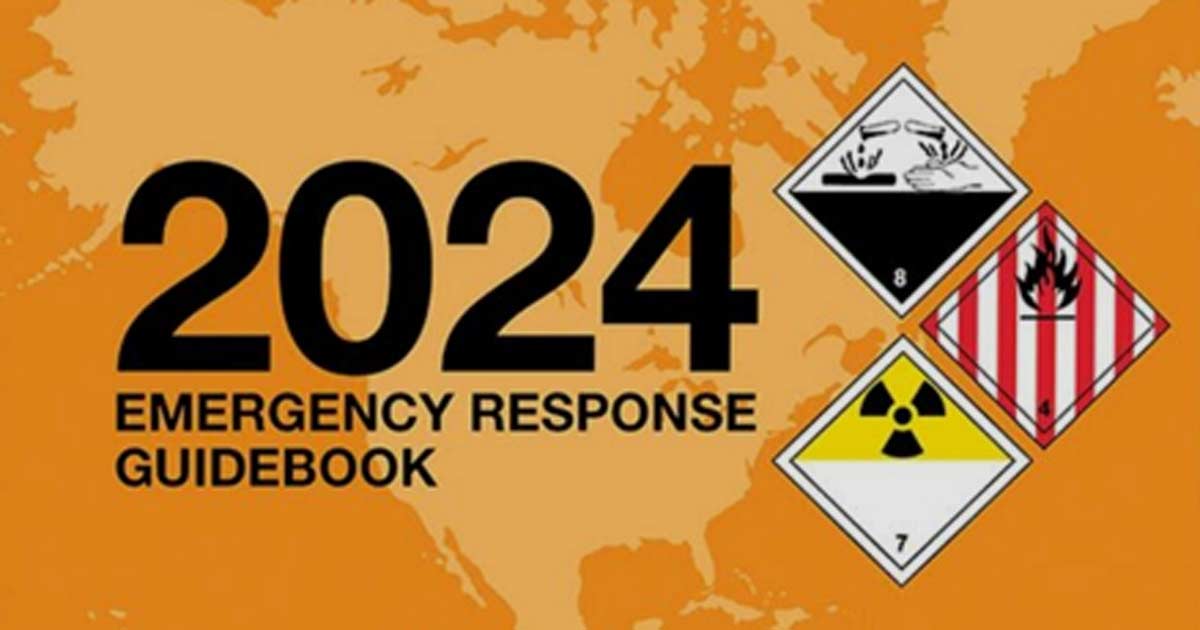A recent hazmat incident in Pennsylvania provides both response and training lessons for first on scene and hazmat teams.
In mid-May, a tractor-trailer hauling what was reported to be swimming pool chemicals along a two-lane road cutting through the Pocono Mountains in Monroe County overturned before 10 a.m. Regional hazmat teams were sent to aid first-arriving and mutual-aid fire departments.
Also read: 4 Lessons from an Indoor Swimming Pool Hazmat Incident
WNEP reports that arriving firefighters had to extricate the rig’s driver. In doing so, more than 12 firefighters were exposed to the chemicals. The firefighters had to be decontaminated on scene before being sent to the hospital for monitoring. The fire chief told WNEP his crews were exposed to inhalation hazards.
Also read: 3 Tips to Taming a Gasoline Tanker
Neighbors said they were concerned about the chemicals getting into a nearby creek. A hazmat company monitoring the creek said the chemicals had not made it into the waterway. The fire department tried to evacuate residents in the area; some refused to go.
Here are three lessons to pull from this call.
ONE
Initial air monitoring is critical. To establish scene safety, firefighters in full PPE and on air should be first in. Ideally, you’d like at least one firefighter monitoring the air and assessing the hazmat situation, one firefighter assessing the extrication needs and one firefighter assessing the patient’s condition. That patient may require oxygen immediately if the air is unsafe; spare oxygen cylinders might be necessary if extrication time is extended. Likewise, firefighters could need more relief when working to extricate a driver while in full PPE in summer months than they would in more routine extrications.
TWO
Decon matters. Getting an area and a system set up to manage contaminated victims and responders early is key to patient care. This can be difficult when staffing is short. It is best to train for the level of staffing you are likely to have versus what you should or wish to have. For communities covered by volunteer departments, decon is a great job for auxiliary members, CERTs or those firefighters not certified able to participate in the initial rescue efforts.
THREE
Mix up training evolutions. Avoid falling into doing the same tanker spill training every time. Yes, repetition is an important part of learning. But how much is anyone learning if the same training spill material is leaking from the same area of the tanker in the same crash scenario and impinging on the same hazards every time? Make the placards inaccurate, change the runoff threats, alter the time of day and weather, and tweak the number of responders available. Alter the air-monitoring readings and have some firefighters be exposed. Change the scenario based on responder mistakes — planted or organic. Different scenarios require different tasks and give more opportunity for hazmat team members to think on their feet and do different hands-on skills.











